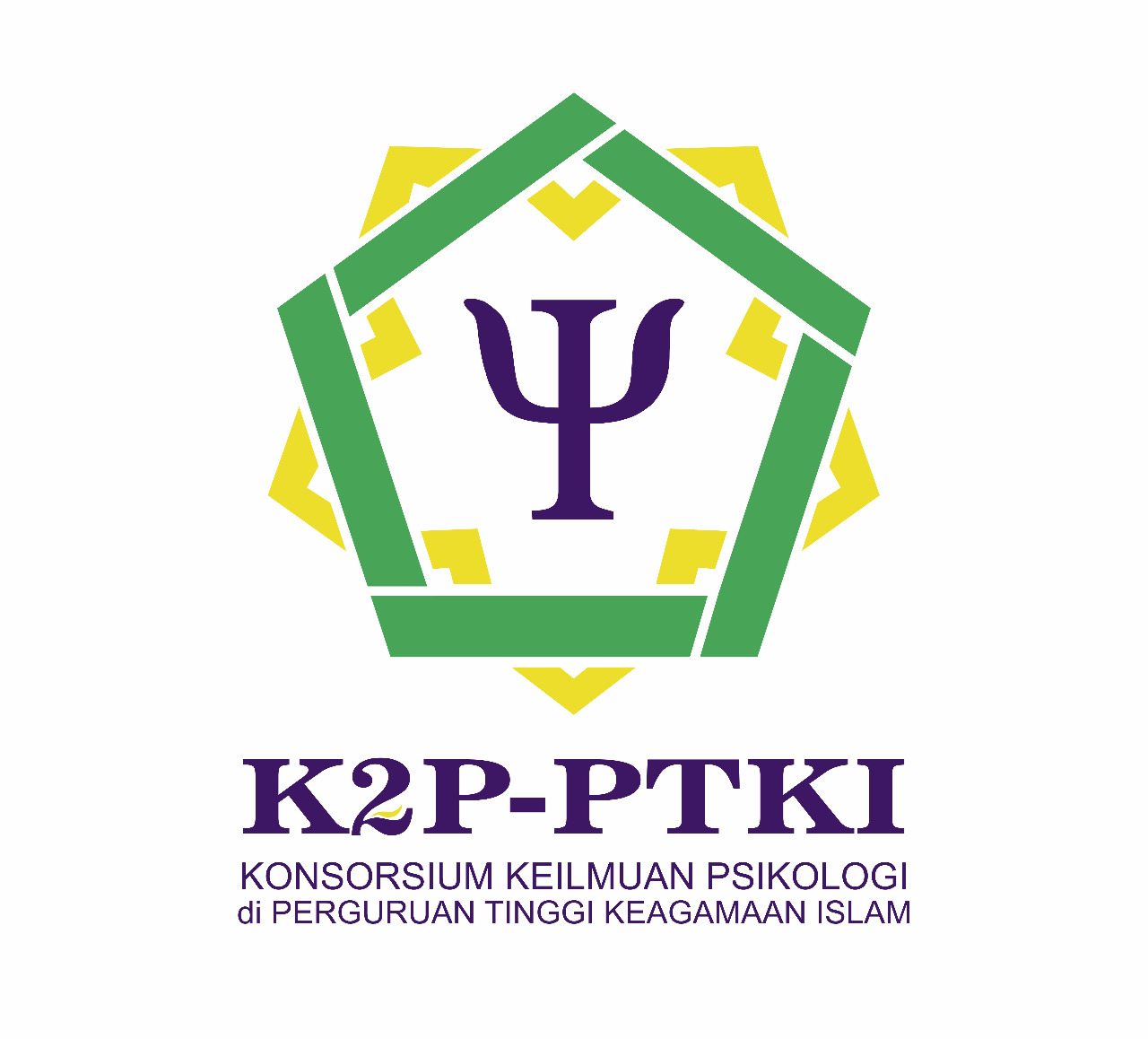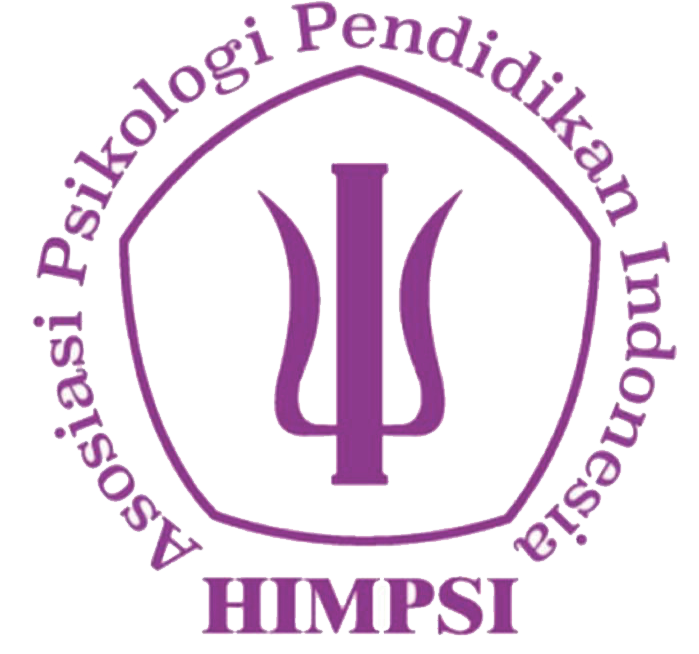Model pendampingan pada mahasiswa difabel untuk menunjang keberhasilan akademik
Abstract
Abstract: Students with disabilities have the right to get a quality education up to university, students can plan their careers and achieve academic success based on their potential. However, the condition of students with disabilities who have difficulty carrying out activities independently, requires assistance from the surrounding environment, including in conducting the lecture process. This study aims to explain the importance of mentoring and find an effective mentoring model for students with disabilities in carrying out academic activities on campus and achieving academic success. The research method used is qualitative research with a phenomenological approach. The subjects of this study were 5 disabled students with various disability conditions, namely quadriplegic, deaf, and speech impaired as well as assisted by several accompanying students. The results of the study showed that assistance to students with disabilities is essential for supporting the achievement of student academic success. The mentoring model that is expected to support the academic success of students with disabilities are (a) have sign language competence, (b) assistants can act as motivators, (c) assistants act as counselors, and (d) can provide psychological support for students with disabilities. These various mentoring models are expected to support the effectiveness of lectures and the achievement of academic success for students with disabilities.
Keywords: students with disabilities; mentoring models; academic success
Abstrak: Mahasiswa difabel memiliki Hak untuk mendapatkan pendidikan berkualitas sampai tingkat universitas, mahasiswa dapat merencanakan karir mereka dan memperoleh kesuksesan akademik berdasarkan potensi mereka. Akan tetapi, kondisi mahasiswa difabel yang memiliki kesulitan melakukan aktivitas sehari-hari secara mandiri, membutuhkan bantuan dari lingkungan sekitarnya, termasuk dalam proses pembelajaran. Tujuan dari penelitian ini adalah untuk menjelaskan pentingnya mentoring dan menemukan model mentoring yang efektif untuk mahasiswa difabel dalam menunjang aktifitas akademis di kampus dan meraih kesuksesan akademik. Metode penelitian ini menggunakan pendekatan kualitatif dengan teknik fenomenologis. Subjek dalam penelitian ini adalah 5 mahasiswa difabel dengan berbagai macam kondisi disabilitas, seperti lumpuh, tuli, dan gangguan bicara yang diasisteni oleh sejumlah mahasiswa pendamping. Hasil dari penelitian ini menunjukkan bahwa asistensi kepada mahasiswa difabel sangatlah penting dalam mendukung perolehan kesuksesan mahasiswa. Kompetensi mentor yang diharapkan untuk mensupport kesuksesan akademik mahasiswa dengan disabilitas adalah: a) memiliki kompetensi bahasa isyarat, b) asisten dapat juga bertindak sebagai mentor, c) asisten dapat bertindak sebagai konselor, d) bisa menyediakan dukungan psikologis terhadap mahasiswa difabel. Berdasarkan berbagai macam kompetensi tersebut, diharapkan dapat mendukung efektifitas pembelajaran dan kesuksesan akademik bagi mahasiswa difabel.
Kata Kunci: mahasiswa difabel; model pendampingan; keberhasilan akademik
Keywords
Full Text:
PDFReferences
Abdurrachman. (2013). Manfaat pendampingan terhadap peningkatan pengetahuan orang tua dalam penanganan anak cerebral palsy [Universitas MUhammadiyah Surakarta]. https://doi.org/10.1190/segam2013-0137.1
Andayani, A., & Afandi, M. (2019). Pemberdayaan dan pendampingan komunitas penyandang disabilitas dalam mengakses pendidikan tinggi. Aplikasia: Jurnal Aplikasi Ilmu-Ilmu Agama, 16(2), 153. https://doi.org/10.14421/aplikasia.v16i2.1178
Badrutamam, Z. (2017). Difabel di SLB C Dharma Rena Ring Putra i.[unpublished Skripsi]. UIN Sunan Kalijaga.
Bouillet, D., & Kudek-Mirošević, J. (2015). Students with disabilities and challenges in educational practice. Croatian Journal of Education, 17(January), 11–26. https://doi.org/10.15516/cje.v17i0.1472
De Los Santos, S. B., Kupczynski, L., & Mundy, M. A. (2019). Determining academic success in students with disabilities in higher education. International Journal of Higher Education, 8(2), 16–38. https://doi.org/10.5430/ijhe.v8n2p16
Fahrutdinova, R. A., Yarmakeev, I. E., & Fahrutdinov, R. R. (2016). Social adaptation of children with disabilities. Turkish Online Journal of Design, Art and Communication, 6(JLYSPCL), 1044–1050. https://doi.org/10.7456/1060jse/071
Harususilo, Y, E. (2019). Hari Disabilitas Internasional, Nadiem: Guru Harus Paham Prinsip Pendidikan Khusus. Kompas. https://edukasi.kompas.com/read/2019/12/03/07150021/hari-disabilitas-internasional-nadiem-guru-harus-paham-prinsip-pendidikan?page=all.
Helaluddin. (2018). Mengenal lebih dekat dengan pendekatan fenomenologi: sebuah penelitian kualitatif. UIN Maulana Malik Ibrahim Malang, March, 1–15.
J W Creswell. (2014). Research design : Pendekatan kualitatif, kuantitatif, dan mixed. Pustaka Pelajar.
Jannah, M., & Sihkabuden, S. (2018). Implementasi model pendampingan mahasiswa difabel oleh Pusat Studi dan Layanan Disabilitas (PSLD) Universitas Brawijaya Malang. Jurnal ORTOPEDAGOGIA, 3(2016), 2–5. http://journal2.um.ac.id/index.php/jo/article/download/4970/2675
Lestari, D. S. (2016). Penyesuaian sosial pada mahasiswa tuli. Inklusi, 3(1), 101. https://doi.org/10.14421/ijds.030106
Mahmud, M. M. (2014). Communication aptitude and academic success. Procedia - Social and Behavioral Sciences, 134(3), 125–133. https://doi.org/10.1016/j.sbspro.2014.04.230
Muhibbin, M. A., & Suryanto, S. (2020). Grit model of shadow teacher ( phenomenology study of grit in shadow teacher in inclusion school program ). Prosiding Seminar Nasional 2020 Fakultas Psikologi Umb, September.
Mynatt, B. S. & G. M. M. (2004). Preparing students with disabilites for their future careers. Vistas 2011.
Parveen, A., & Qounsar, T. (2018). Inclusive education and the arts. National Journal of Multidisciplinary Research and Development, 3(2), 64–68. https://doi.org/10.1080/0305764X.2014.921282
Rafikayati, A., Badian, L. I., & Soedarmadji, B. (2019). The role of counseling guidance teacher for helping self adjustment of special needs children in inclusion school. January 2018. https://doi.org/10.2991/indoeduc-18.2018.37
Sholehah, I. (2017). Pemberdayaan difabel melalui asset based approach: Studi kasus di Dusun Piring Desa Srihardono Kecamatan Pundong Kabupaten Bantul oleh rehabilitasi terpadu penyandang disabilitas (RTPD). Jurnal Pemberdayaan Masyarakat: Media Pemikiran Dan Dakwah Pembangunan, 1(1), 183. https://doi.org/10.14421/jpm.2017.011-09
Singh, S., Sharma, R. P., Chandra, S., Nigam, S., & Punit, V. (2011). A study of social support in physically disabled students in an educational Institute of Kanpur. Indian Journal of Community Health, 23(1), 20–22.
St.Claire, K. L., & W.Hackett, P. M. (2012). Academic challenge: Its meaning for college students and faculty. Journal on Centers for Teaching and Learning, 4(January), 101–117.
Sultan, B., Atta, M., & Mlik, N. I. (2018). Effect of social acceptance on quality of life among orthopedically disabled students from inclusive and special institutes. Journal of Postgraduate Medical Institute, 32(3), 277–282.
DOI: https://doi.org/10.18860/psikoislamika.v19i1.16018

This work is licensed under a Creative Commons Attribution-NonCommercial-ShareAlike 4.0 International License.

------------------------------------------------------------------------------------------

pSIKOISLAMIKA by http://ejournal.uin-malang.ac.id/index.php/psiko is licensed under a Creative Commons Attribution-NonCommercial-ShareAlike 4.0 International License.


.jpg)


.jpg)





